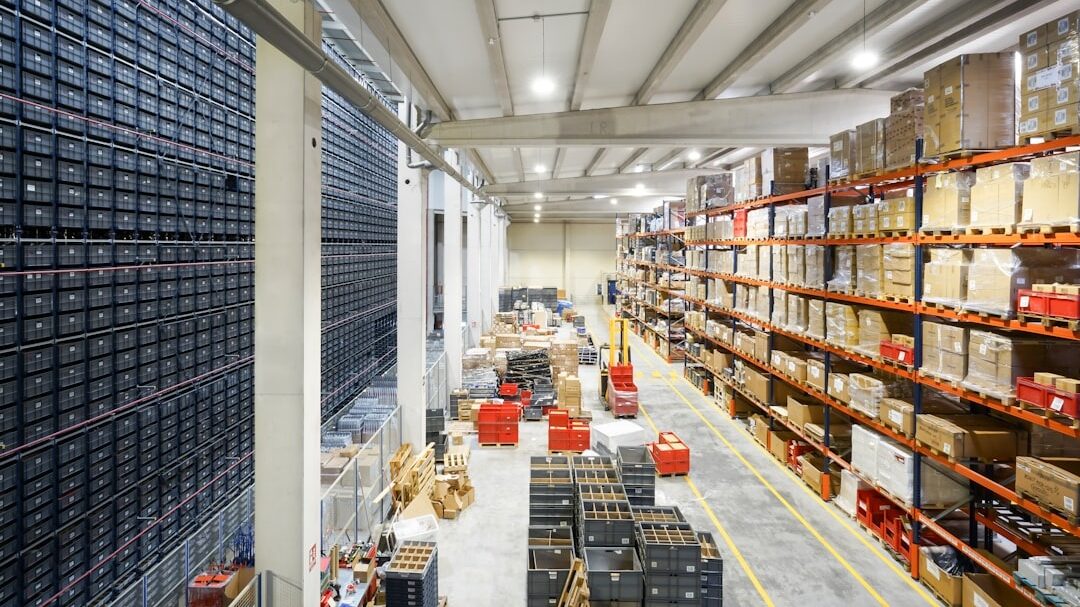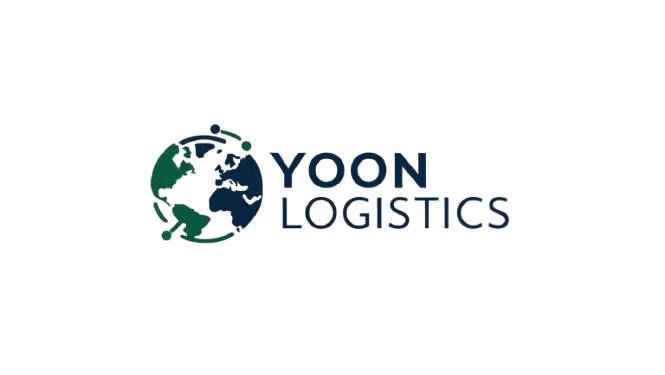
Full Truckload (FTL)
A Full Truckload (FTL) is a transportation method where a truck’s entire trailer is filled with goods, offering a dedicated shipment service. A typical tractor-trailer unit, often referred to as a “power unit” (tractor) and “trailer” combination, is the core structure for FTL. The trailer usually measures 53 feet in length and has a maximum weight capacity of 43,000 lbs, including the weight of the trailer itself.
While older trailers may be 48 feet in length, modern trailers are typically 53 feet. Businesses often prefer these larger trailers as they can accommodate more products for their customers. The receiving customer, known as the consignee, also benefits from the larger trailer capacity.
Less Than Truckload (LTL)
Less Than Truckload (LTL) shipping refers to shipments that take up less than a full trailer. Carriers typically classify a shipment as LTL if it involves 6 pallets or fewer. Some carriers, like Roadrunner, may accept up to 10 pallets. Pallet dimensions are critical in LTL shipping, typically not exceeding 48″ x 48″ and capped at a height of 60 inches.
If a shipment exceeds these dimensions, it may be categorized as a “Large Partial” shipment, which is larger than a typical LTL but smaller than a Full Truckload. It is important to provide accurate pallet measurements to ensure proper pricing and prevent disputes. Additionally, certain carriers may accept hazardous shipments, but these often have specific restrictions.
Intermodal Shipping (Rail Service)
Intermodal shipping, also known as Rail Service, combines multiple modes of transportation, often involving trains and trucks. This option tends to be more cost-effective than traditional “over-the-road” trucking, particularly for long-distance shipments. The trailer sizes for intermodal shipments can differ from typical road trailers, so it is essential to verify the dimensions when booking the load.
Flatbed Full Truckload
A Flatbed Full Truckload involves using a flatbed truck to transport goods that may not fit within a standard enclosed trailer. These trucks often come equipped with straps to secure products and heavy-duty tarps for protection against the elements. Specialty equipment, such as Regular Goose Neck (RGN) trailers, may also be used for transporting oversized or heavy loads.
Drayage
Drayage refers to the short-distance transport of loaded and unloaded containers between ports, rail yards, and distribution centers. This service plays a crucial role in the logistics chain, ensuring goods are efficiently moved to their next destination after arriving at a port.
Ocean Shipping (International Shipping)
Ocean Shipping involves transporting goods via cargo ships. This typically involves using 40’ or 20’ containers to ship goods worldwide, a method known as Full Container Load (FCL). For smaller shipments, goods can be sent as Less Than Container Load (LCL), where your product shares container space with other shipments.
Accurate dimensions and weight are critical when planning ocean freight shipments to ensure you receive the best pricing.
Air Freight Shipping
When fast delivery is necessary, Air Freight Shipping is an excellent option. This method is ideal for urgent shipments, such as trade show materials or time-sensitive goods. However, air freight can be expensive compared to other transportation modes, such as road or ocean freight.
Be sure to disclose any hazardous materials when shipping by air, as there are strict regulations for these items. The high cost of air freight makes it suitable only for time-critical deliveries.
White Glove and Moving Services
White Glove Services provide premium, hands-on transportation and handling for sensitive items. This service often includes personalized delivery and setup. For personal goods, business relocations, or other specialized moving needs, it’s best to contact a moving company directly for details and availability.
Automobile and Motorcycle Transport
Automobile and Motorcycle Transport require specialized moving companies equipped to safely transport vehicles. This service is ideal for individuals or businesses needing to ship vehicles across long distances.
Fuel Transport
Fuel Transport is a specialized service for transporting fuel, requiring specifically designed vehicles to handle hazardous materials safely. This service is crucial for industries that rely on bulk fuel shipments, such as construction or mining.
Handling Overweight and Oversized Shipments
Overweight and oversized shipments can be accommodated through specialized transport services. In regions like the Port of Long Beach in California, large shipments often move on flatbed trailers and may require escort vehicles for safety and regulatory compliance. These shipments can be delivered domestically or internationally, depending on the specific requirements.
